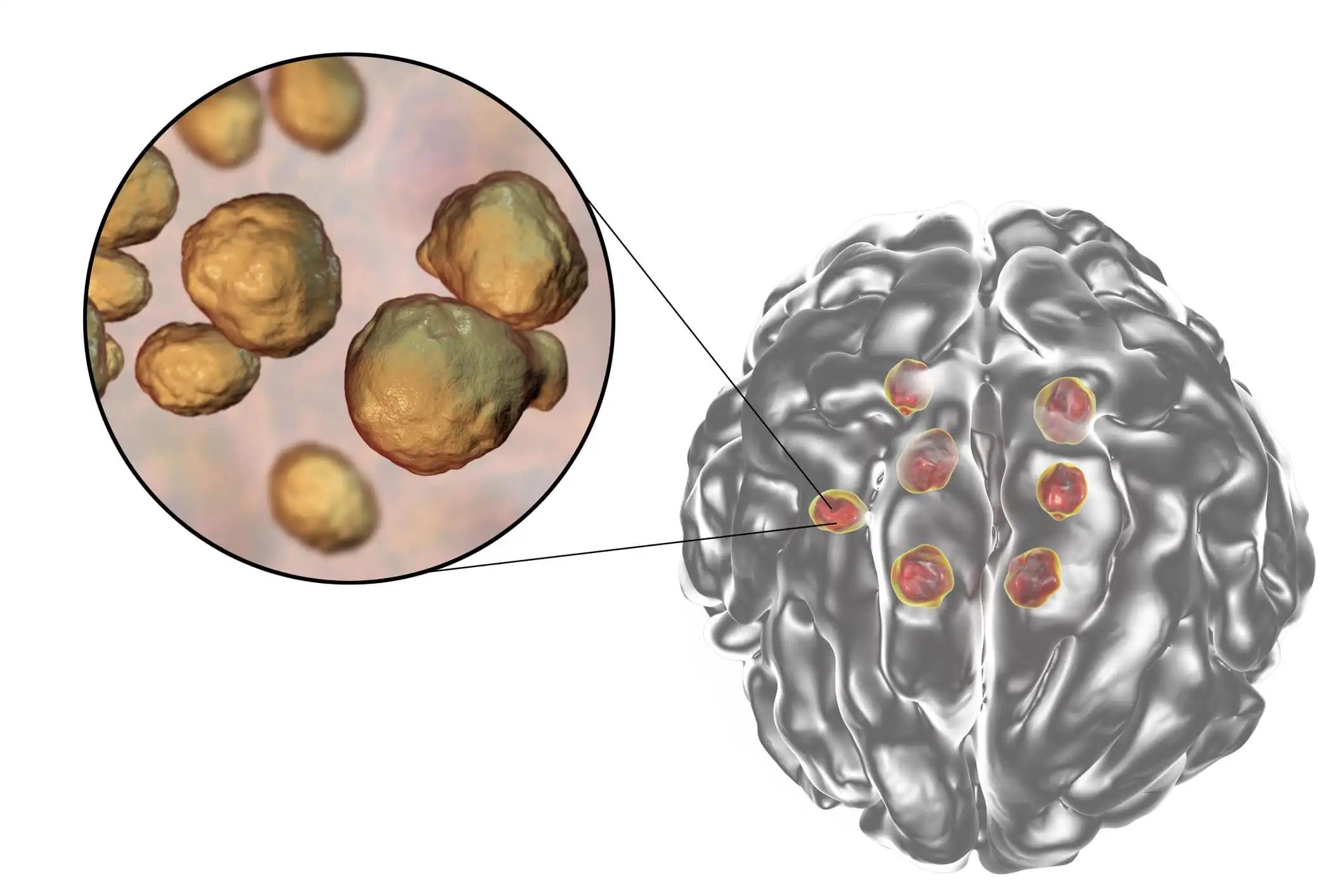KEY TAKEAWAYS
- The phase 3 DESTINY-Breast02 trial evaluated the efficacy and safety of trastuzumab deruxtecan in patients with HER2-positive metastatic breast cancer.
- The study aimed to compare progression-free survival between patients treated with trastuzumab deruxtecan.
- Patients were randomly assigned to receive either trastuzumab deruxtecan or the physician’s choice of treatment utilizing block randomization, with a 2:1 ratio.
- The study found that patients treated with trastuzumab deruxtecan had a significantly longer median progression-free survival of 17 months.
- The study involved 608 patients across North America, Europe, Asia, Australia, Brazil, Israel, and Türkiye.
- Results of the DESTINY-Breast02 trial demonstrated that trastuzumab deruxtecan is a highly effective treatment option for patients with HER2-positive metastatic breast cancer who are refractory or resistant to trastuzumab emtansine.
Patients with HER2-positive metastatic breast cancer who were refractory or resistant to trastuzumab emtansine, a population with rare effective therapies, demonstrated substantial efficacy with trastuzumab deruxtecan in the single-arm, phase 2 DESTINY-Breast01 trial. The purpose of DESTINY-Breast02 was to evaluate the effectiveness and safety of trastuzumab deruxtecan in this patient population vs. the treatment of the physician’s choice.
This phase 3 trial was conducted at 227 sites across North America, Europe, Asia, Australia, Brazil, Israel, and Türkiye, including hospitals, university hospitals, clinics, community centers, and private oncology centers. Eligible patients diagnosed with unresectable or HER2-positive metastatic breast cancer, who had previously received trastuzumab emtansine and exhibited disease progression, were included. These patients also had an Eastern Cooperative Oncology Group performance status of 0 or 1 and adequate renal and hepatic function. The patients were randomly assigned to two treatment groups at a ratio of 2:1. The first group received trastuzumab deruxtecan intravenously at a dosage of 5.4 mg/kg once every 3 weeks. The second group received treatment of physician’s choice, which consisted of either capecitabine (1250 mg/m2) administered orally twice per day on days 1-14, in combination with trastuzumab (8 mg/kg) intravenously on day 1, followed by a maintenance dosage of 6 mg/kg once per day. Alternatively, the physician’s choice treatment could be capecitabine (1000 mg/m2) combined with lapatinib (1250 mg) administered orally once daily on days 1-21, with a 21-day schedule. The assignment to treatment groups was conducted using block randomization. The study’s primary endpoint was progression-free survival, determined through a blinded independent central review in the full analysis set. This endpoint aimed to assess the efficacy of the treatments administered.
A total of 608 patients were enrolled in this study. The random assignment resulted in 406 patients receiving trastuzumab deruxtecan (two did not receive the treatment) and 202 patients receiving treatment of the physician’s choice (seven did not). All 608 patients were included in the full analysis set. The median age was 54.2 years in the trastuzumab deruxtecan group and 54.7 years in the treatment of physician’s choice group. The median follow-up was 21.5 months for trastuzumab deruxtecan and 18.6 months for treatment of the physician’s choice. Progression-free survival, as assessed by blinded independent central review, was significantly improved with trastuzumab deruxtecan, with a median of 17.8 months (95% CI 14.3-20.8), compared to 6.9 months (95% CI 5.5-8.4) in the treatment of physician’s choice group (HR 0.36, 95% CI 0.28-0.45; p<0.0001). The most common treatment-emergent adverse events were nausea (73% vs 37%), vomiting (38% vs 13%), alopecia (37% vs 4%), fatigue (36% vs 27%), diarrhea (27% vs 54%), and palmar-plantar erythrodysaesthesia (2% vs 51%). Grade 3 or higher treatment-emergent adverse events occurred in 53% of patients receiving trastuzumab deruxtecan compared to 44% receiving treatment of physician’s choice. Drug-related interstitial lung disease occurred in 10% (including two grade 5 death events) in the trastuzumab deruxtecan group versus less than 1% in the treatment of the physician’s choice group. The study demonstrated that trastuzumab deruxtecan offers a favorable benefit-risk profile for HER2-positive metastatic breast cancer patients, showcasing its ability to overcome resistance to previous antibody-drug conjugates.
Source:https://www.thelancet.com/journals/lancet/article/PIIS0140-6736%2823%2900725-0/fulltext
Clinical Trial: https://clinicaltrials.gov/ct2/show/NCT03523585
Fabrice André, Yeon Hee Park, Sung-Bae Kim, Toshimi Takano, Seock-Ah Im, Giuliano Borges, Joao Paulo Lima, Sercan Aksoy, Joaquin Gavila Gregori, Michelino De Laurentiis, Giampaolo Bianchini, Rebecca Roylance, Yasuo Miyoshi, Anne Armstrong, Rajni Sinha, Manuel Ruiz Borrego, Elgene Lim, Johannes Ettl, Rinat Yerushalmi, Flora Zagouri, Francois P Duhoux, Tanja Fehm, Dhiraj Gambhire, Jillian Cathcart, Cai Wu, Changan Chu, Anton Egorov, Ian Krop/Trastuzumab deruxtecan versus treatment of physician’s choice in patients with HER2-positive metastatic breast cancer (DESTINY-Breast02): a randomized, open-label, multicentre, phase 3 trial/DOI:https://doi.org/10.1016/S0140-6736(23)00725-0



